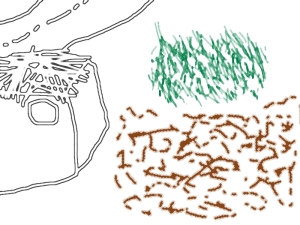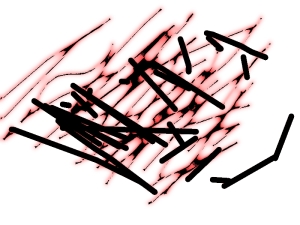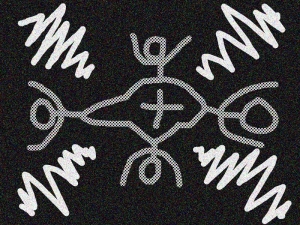 |
| The Argumentative Indian |
The rest of the book has writings on religion, politics, education, economics, language, poverty and science to name a few. Overall, the essays are clear, persuasive and enjoyable. An acceptable amount of overlap is present in the essays as they have been written independently of each other over a long period of time. He is definitely disappointed that Nehru‘s vision of India hasn’t been realised, even after more than half a century of Independence, in three important categories: practice of democracy; removal of social inequality and backwardness; achievement of economic progress and equity. On the first goal, more or less we surely have progressed with a good pace despite of setbacks like Indira Gandhi‘s imposition of Emergency in 1975 (to this list should be added actions by the Congress-led UPA government like becoming an overtly cautious watchdog on the social media; Shiv Sena‘s deplorable actions against two young girls from Palghar when Bal Thackeray died). One, however, may not agree with all of his views: the lure of a seat in the Security Council doesn’t hold for him.
Dr. Sen appears to be too impressed and awed by Rabindranath Tagore (Stupendranath Bregorr for GB Shaw). Tagore undoubtedly was an accomplished writer, poet and philosopher but when Dr. Sen praises him for his paintings it became a little difficult for me to digest. Recently I had visited National Gallery of Modern Art (NGMA), Mumbai for an exhibition of Tagore’s paintings. Tagore used to paint but was never trained in it. His paintings, honestly, weren’t something to be in awe of or to be mesmerised by – some of them were thoughtful, but none, if I remember correctly, majestic. Again, this is not to say that Tagore as a painter didn’t possess any skills – only that his skills as a painter is not something one would want to praise him for when his other skills are in abundance. Also, Dr. Sen is aptly right when he writes that Tagore had suddenly become so famous and sought after in the West not so much for his writing (he did win the Nobel Prize in Literature for Gitanjali) but more so for his mystical looks and sagely appearance and the exotic image the westerners had of India and Hinduism. An account of when Tagore met Einstein left me wondering and disappointed by Tagore’s, religious and otherwise, views. Tagore said, “… the world is a human world”! Only human? “Truth is realized through man”. Again, only by us?
Each section is important in itself, however, I felt the three best chapters were: Indian Traditions and Western Imagination (for delving deeper into how the West has predominantly viewed India as an exotic region with bearded sadhus and meditating swamis); China and India (for exploring the ancient ties that existed and enhanced with the spread of Buddhism); Women and Men (for the excellent analysis of the existing situation – in terms of women’s inequality consisting of various factors: survival, natality, facilities, ownership, benefits and violence). The book starts with the importance of debates and arguments in a culture and gives examples of the same in the Indian context, but the rest is not linked to the ‘core theme’, if it can be said so because the book derives its name from it. It was amusing to read Sunil Khilnani‘s words of praise on the back cover: Dr. Sen’s views on the concept of India as a unified region in terms of culture, religion and practices differ markedly from him. It was also intriguing as to why Mahatma Gandhi has been addressed as both ‘Gandhiji‘ and ‘Gandhi‘ – in a few paragraphs the two terms appearing in immediate sentences.
var addthis_config = {“data_track_addressbar”:true};//s7.addthis.com/js/300/addthis_widget.js#pubid=ra-521f6ac76f8e03ef
//s7.addthis.com/js/300/addthis_widget.js#pubid=ra-521f6ac76f8e03ef











